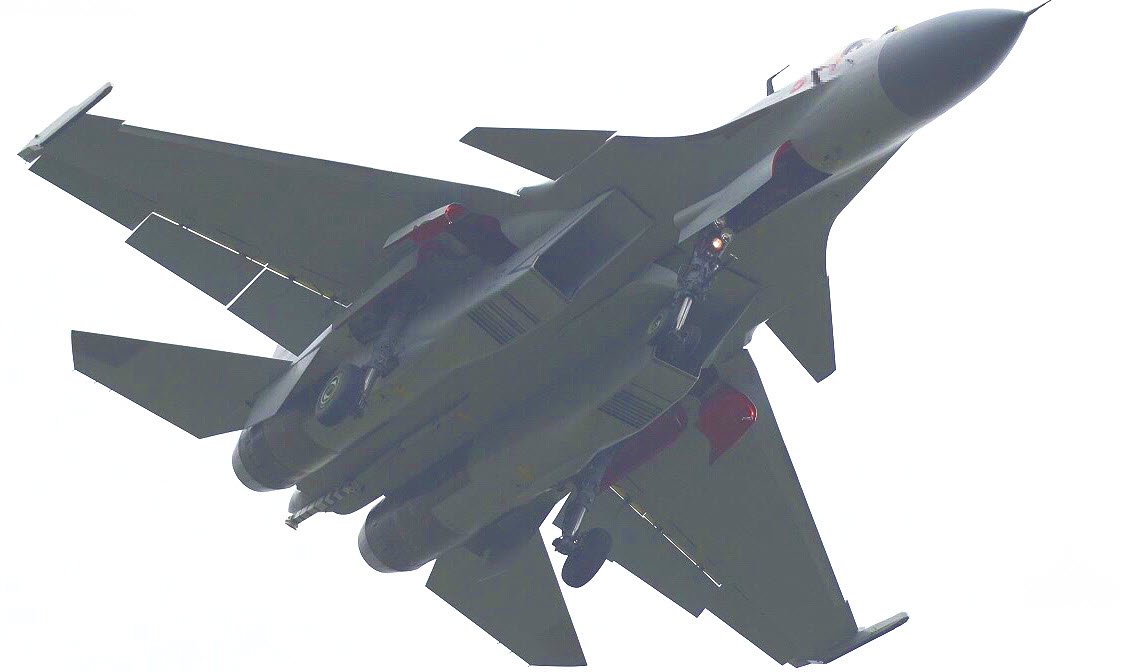China doesn't even need to use its intelligence services to learn the US knowledge base and examine US technical competence. They have a large inflow of repatriated scientists, engineers, and academics who recieved their education abroad. Nation states aren't the basic units in which bodies of knowledge are acquired, held, and applied. People are, and people flow across national borders.Look at the catapults: the Chinese build both, the steam (loser) and the electromagnetic (winner) catapult. And as I read they changed the technical solution because they have more or other experience then the US-Navy with electro-magnetic propulsion.
Additionaly I think the chinese have a very very capable intelligence service and know a lot of things the Americans are thinking and discussing. They know what is going wrong and why it is going wrong (far away in the United States). And they can decide to make the same mistake to get the experience or to skip it.
A lot of western people went to China with their knowledge to work there.
In that sense the conceptual underpinnings behind the prior arguments on technological catch-up dynamics are wrong, or at least too oversimplified. China isn't playing catchup solely as an external understudy only absorbing knowledge of the cutting edge after it has had time to study solutions already deployed by the lead. In many cases, through nationals working and studying abroad, they are acquiring and developing the same up to date capability, knowledge, and skills concurrently as the lead. While it is true that the most advanced knowledge is path dependent on prior knowledge as a matter of developmental process, it is not always or even typically true that the most advanced knowledge is path dependent on prior knowledge as a matter of its acquisition. That is only the case when one entity is restricted from accessing the knowledge base of another entity, and frankly that is not the case with China. It is not even the case with other countries. More typically, what limits countries that are not as technologically advanced is less a matter of opportunity to access key knowledge and more a problem of shortages in material resources and manpower. The distributional nature of information and knowledge is inherently fluid. The impediments to that fluidity are constructs of physical, social, political, and economic circumstance.

